Slow Living: Why Hitting the Brakes Might Just Be Your Shortcut to True Happiness
Muhe - Thursday, 17 July 2025 | 12:30 AM (WIB)
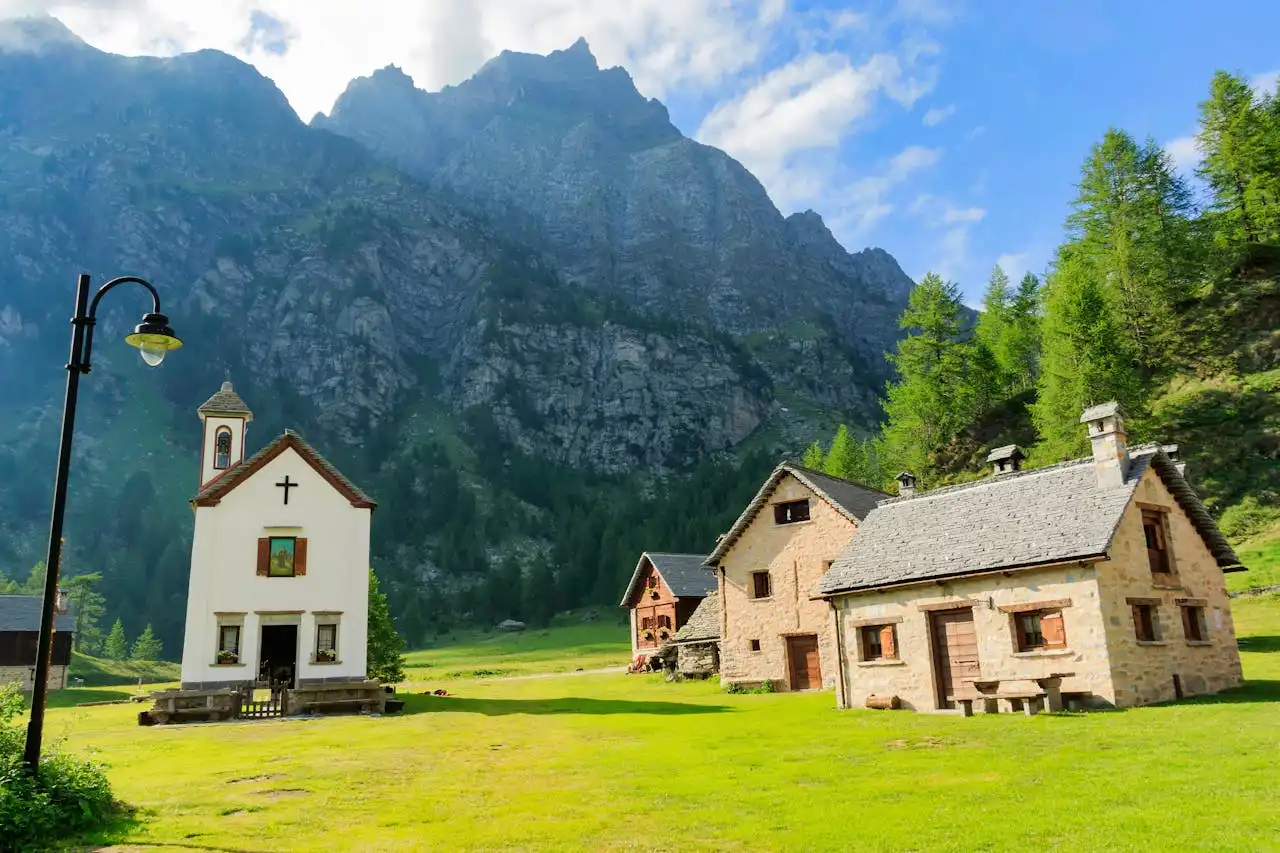

The Modern Predicament: Always On, Always Rushing
Let's be real: burnout is a pervasive issue. From the moment our alarms blare, we're plunged into a whirlwind. Mornings are a blur of hurried coffees and checking emails; workdays are a relentless barrage of meetings and deadlines. Even our downtime feels scheduled and optimized. We scroll endlessly, bombarded by curated highlight reels, leading to that insidious feeling of FOMO – the fear of missing out – if we dare to disconnect. This relentless pace is, frankly, unsustainable. Our brains and bodies just aren't designed for constant high alert. We've become excellent at doing a lot, but perhaps not so great at *being* a lot. This cultural obsession with speed has seeped into every corner of our existence. Fast food, fast fashion, instant gratification – they promise efficiency but often deliver a sense of hollowness. We end up sacrificing genuine connection, deep thought, and personal well-being on the altar of productivity. It’s a classic case of winning the rat race only to find out you’re still a rat, albeit a very busy one.What Exactly *Is* Slow Living?
So, if it’s not about literally moving in slow motion, what exactly are we talking about? Slow living is a mindset shift. It's about being more present and intentional in how you spend your time, energy, and resources. Think of it as an antidote to the "more, faster, bigger" mantra that dominates modern life. It encourages us to:- Eat Slower: Savoring your meals, cooking from scratch, understanding where your food comes from.
- Travel Slower: Immersing yourself in a place, connecting with locals, rather than ticking off tourist traps.
- Work Slower: Focusing on deep work, single-tasking, and valuing well-being over endless hours.
- Connect Slower: Engaging in meaningful conversations, putting away your phone during gatherings, truly listening.
- Consume Slower: Investing in quality over quantity, mending items, reducing waste, buying thoughtfully.
Reclaiming Your Time and Attention
One of the most immediate benefits of embracing a slower pace is the liberation of your attention. In an age of constant notifications and endless feeds, our ability to focus is severely fragmented. Slow living encourages us to practice mindfulness, to truly *be* where we are. Imagine enjoying your morning coffee without simultaneously scrolling through emails, or taking a walk purely to observe the world around you, not to hit a step count or listen to a podcast. This deliberate act of presence allows us to notice the small, often overlooked moments of beauty and joy that make up a life well-lived. A perfectly brewed cup of tea, the warmth of sunlight on your face, the sound of laughter from a loved one – these simple pleasures become profound when we give them our full, undivided attention. It's like turning up the volume on life's subtle, beautiful soundtrack.The Ripple Effect: Deeper Connections, Greater Well-being
The intentionality fostered by slow living has a powerful ripple effect across all aspects of your well-being. When you’re not rushing, you have more mental space for genuine human connection. Relationships flourish when we take the time to truly listen, share, and be present with those we care about. Fewer hurried goodbyes, more lingering conversations. That’s where the magic happens. Mentally, slowing down can drastically reduce stress and anxiety. It allows your brain to decompress, process information, and cultivate a sense of calm. Instead of reacting frantically to every stimulus, you learn to respond thoughtfully. Physically, it encourages better sleep, more mindful eating habits, and often, a greater inclination to engage in activities that nourish your body, like walking in nature or gentle movement. It’s about holistic health, not just another item on the to-do list.How to Start Slowing Down: Practical Steps
Feeling inspired but wondering how to inject some slowness into your already packed schedule? The good news is, you don't need to quit your job and move to a remote cabin. Slow living is about small, consistent choices. Here are a few ways to start:- Digital Downtime: Designate screen-free times each day – during meals, before bed, or for the first hour of your morning. Even an hour can make a huge difference.
- Single-Tasking: Resist the urge to multitask. When you’re cooking, just cook. When you’re talking, just talk.
- Mindful Eating: Put your fork down between bites. Notice the flavors, textures, and aromas of your food.
- Reclaim Your Commute: Instead of fuming in traffic or scrolling, use this time for quiet reflection, listening to a podcast you actually enjoy, or simply observing the world.
- Create Unscheduled Time: Block out moments in your week with no agenda. Just be. See what unfolds.
- Connect with Nature: Spend time outdoors without a specific goal. Just walk, breathe, and observe.

Your Weekend Won't Recharge Itself: A Guide to Crushing the Energy Reset
6 months ago

The Hidden Horrors of Tear Gas: More Than Just a Fleeting Sting
6 months ago
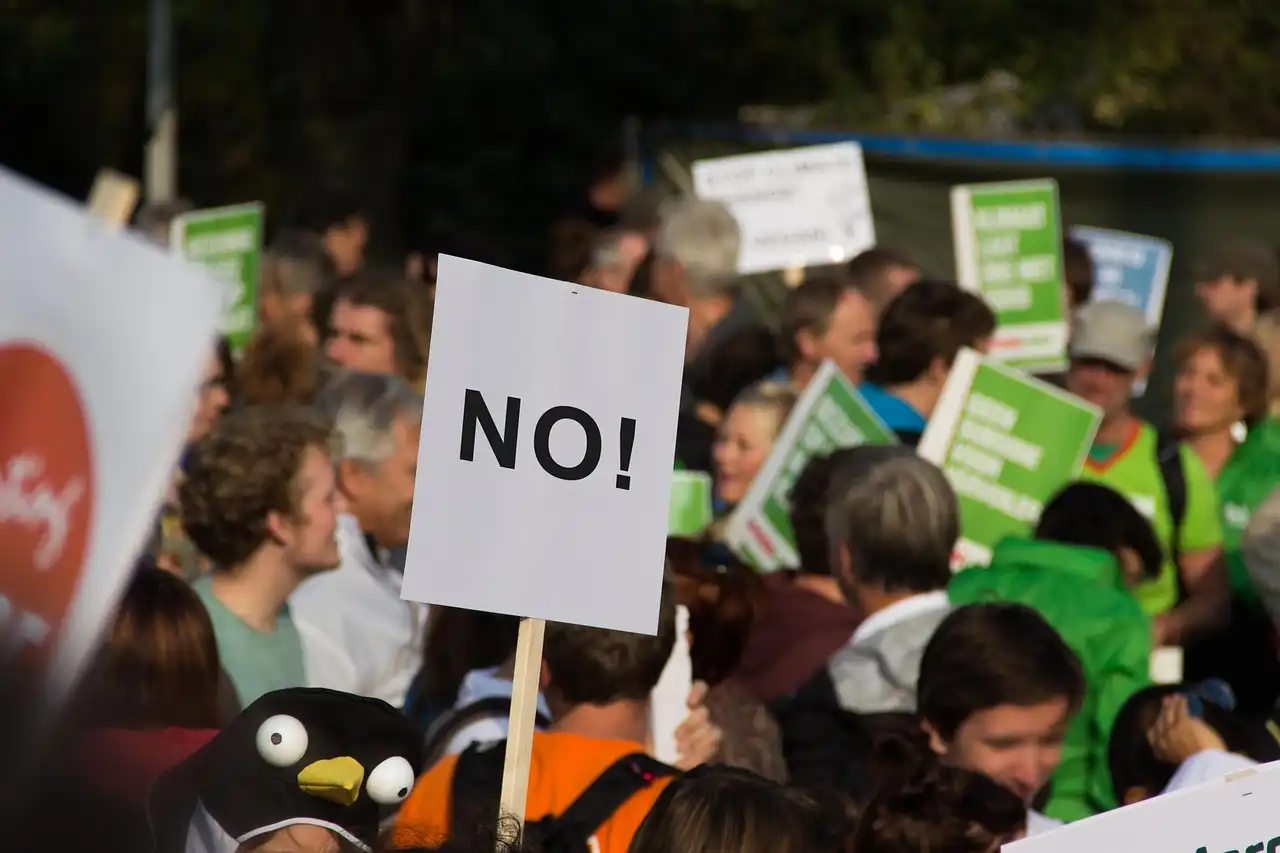
1312: The Meaning, Origin, and Social Context of the Notorious Number
6 months ago
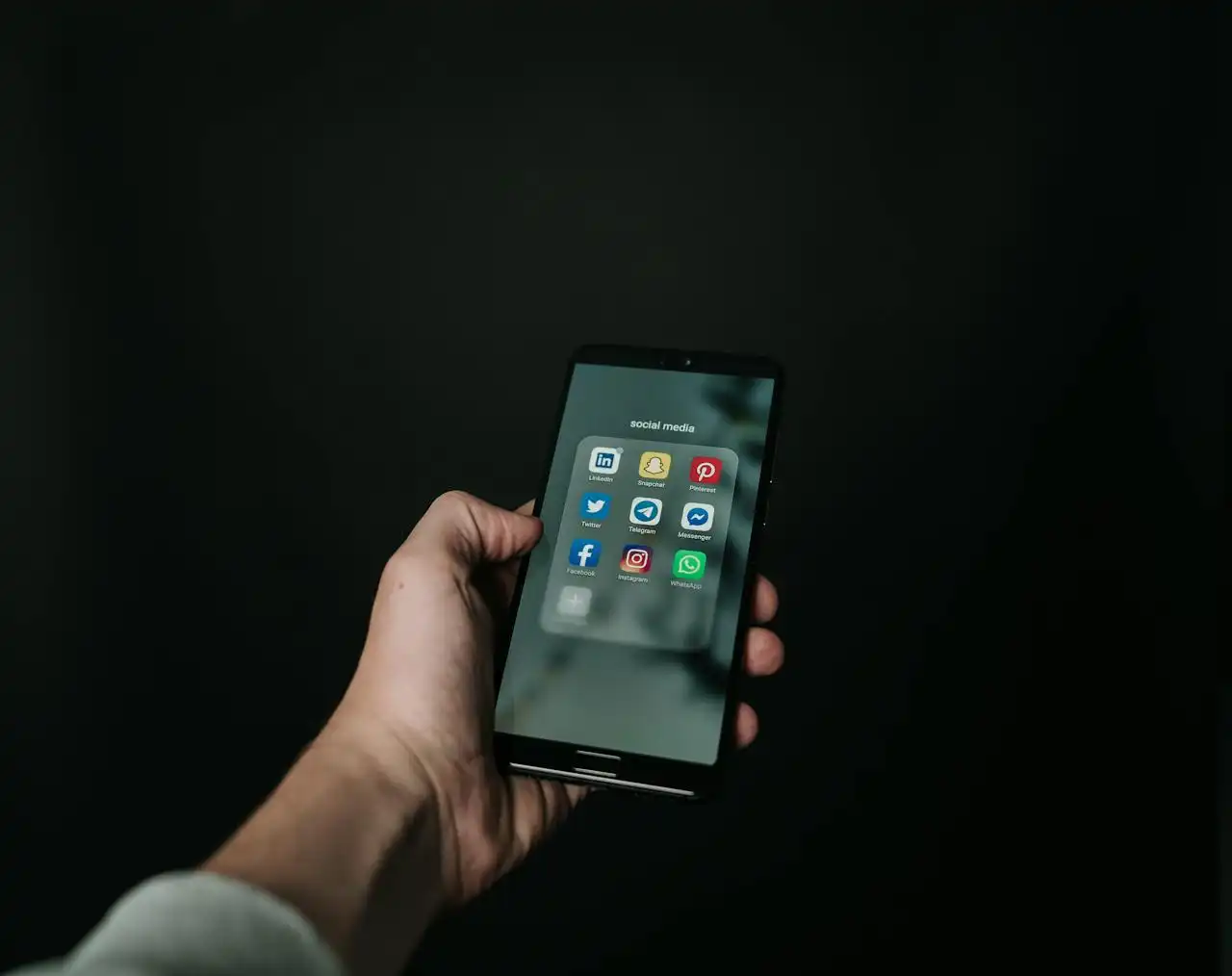
The Digital Tightrope: How Social Media Puts a "Double Burden" on Today's Teens
6 months ago
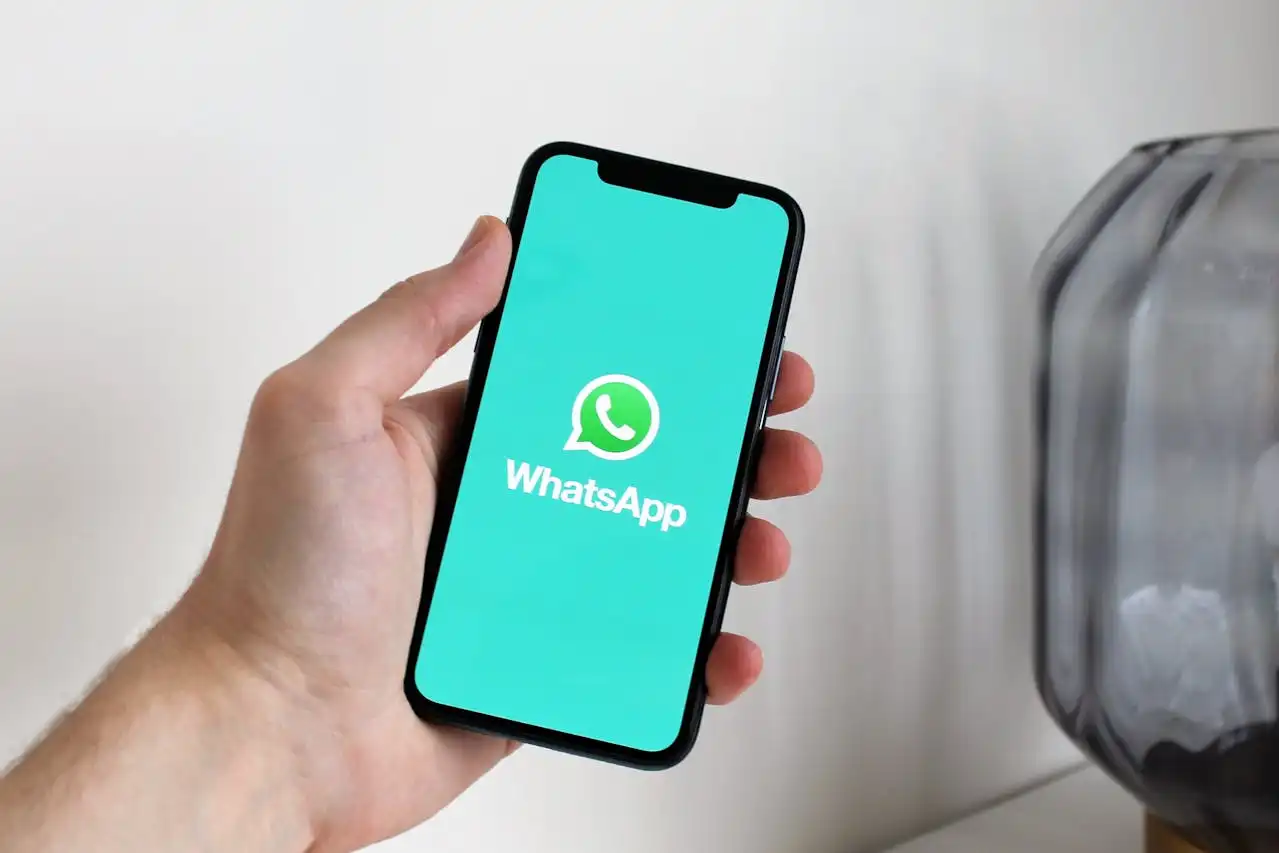
Say Goodbye to Awkward Texts: WhatsApp Unveils Your New AI Writing Coach
6 months ago

The Secret Weapon of Penguins: Why Their Poop is More Impressive Than You Think
6 months ago

NVIDIA Crushes New Record, Yet Market Concerns Still Exist Over "AI Bubble"
6 months ago

Your Cosmic DNA? Unpacking How Zodiac Signs Shape Who We Are
6 months ago
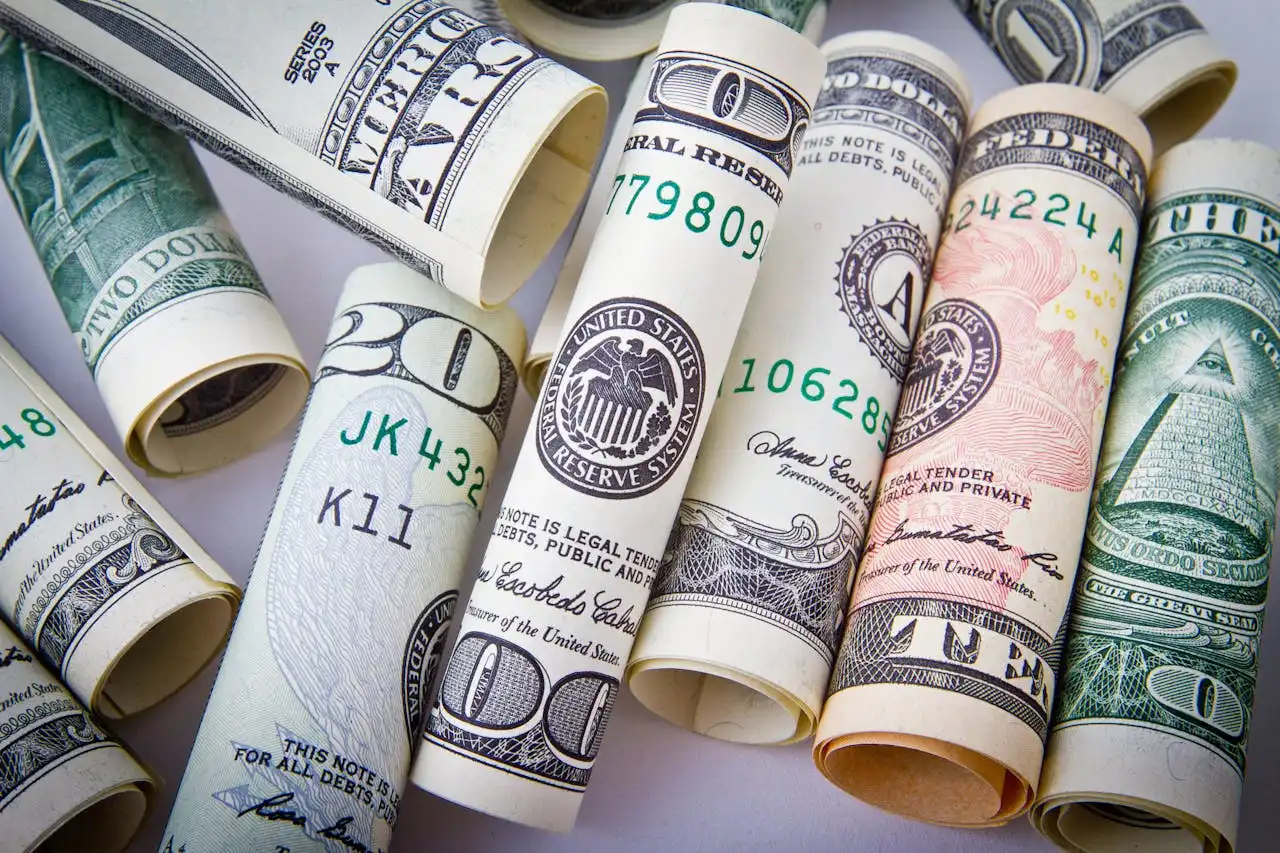
The Siren Song of Easy Money: Why We Can't Resist
6 months ago
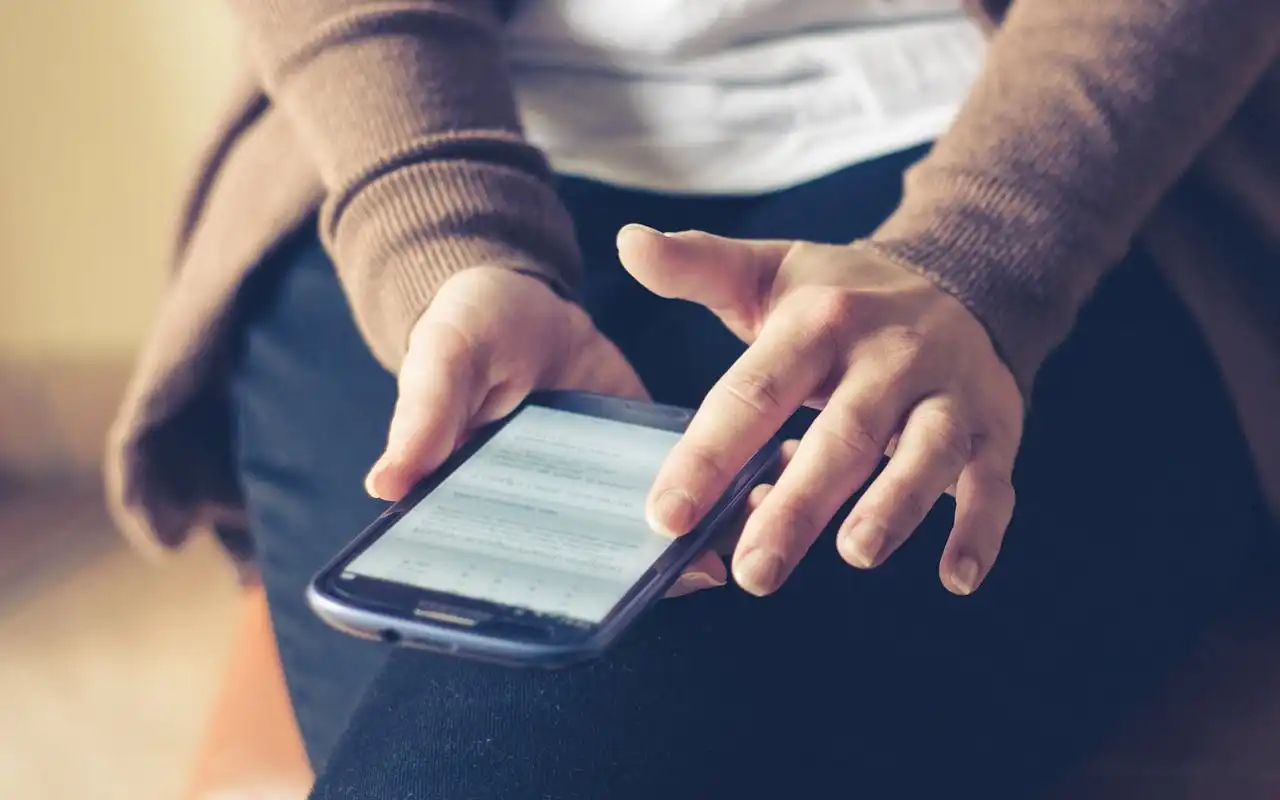
Unplug and Recharge: Your Guide to Escaping the Gadget Grip
6 months ago
